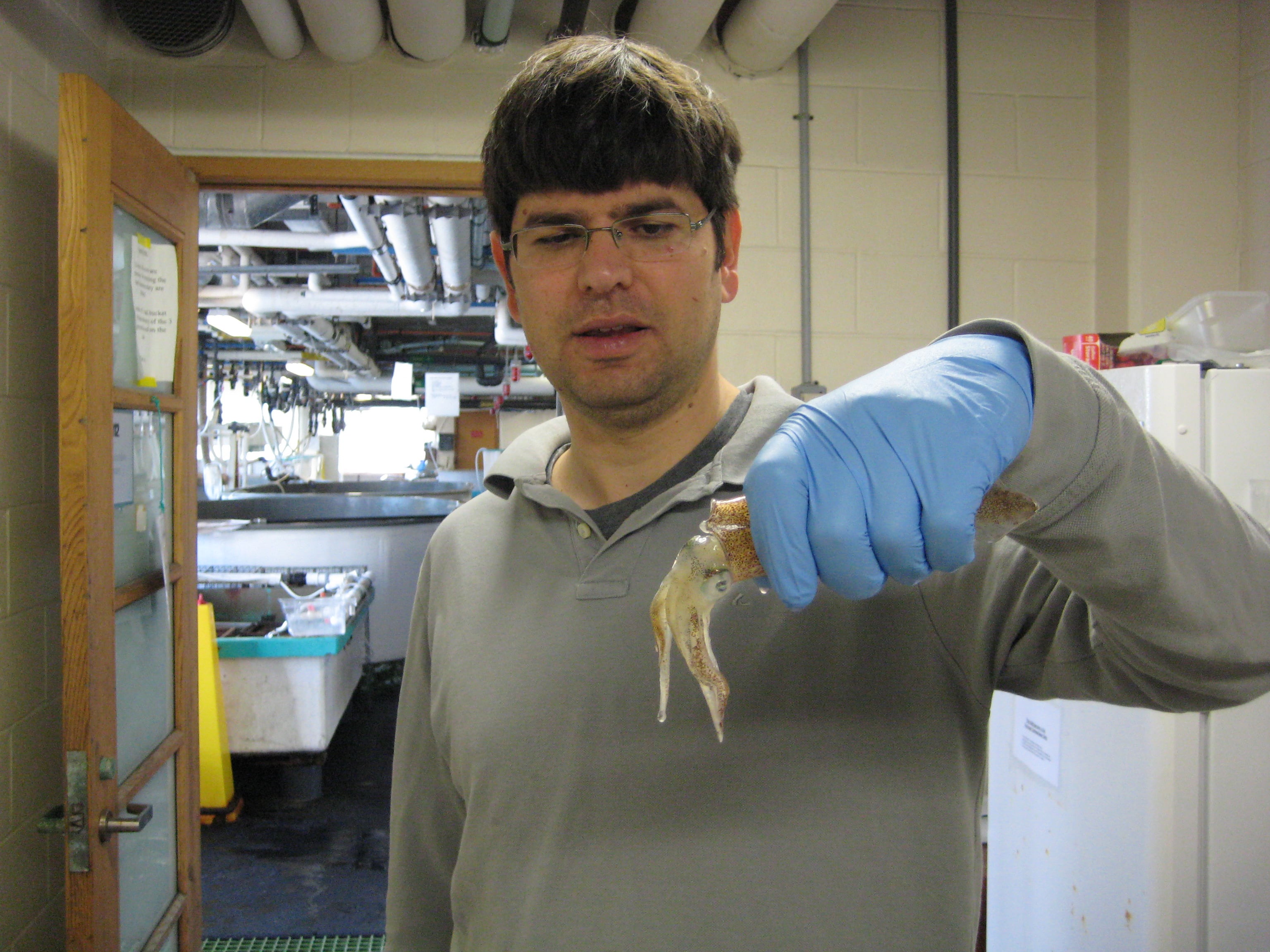The Army wants to know if emotion and empathy can help make soldiers better learners.
To do that, they’re looking for ways to “locate, track and trace” different learning traits through a technology development program known as the xTechSearch Brain Operant Learning Technology (BOLT) competition.
Geared to Army medical professionals, the tech development program looks at how to “unlock the brain and maximize performance,” said Dr. Darrin Frye, medical simulation portfolio manager at the Army Medical Research Development Command.
“We’re looking to the future and the future battlespace and the expectations that we’re placing on our military medical providers,” Frye told Army Times.
RELATED

Frye noted that the future battlefield will be a mixed environment and soldiers might be cut off from support or medical evacuations that are commonplace and rapid today.
“No evacuation, now what?” Frye said.
So, soldiers with only basic combat lifesaver skills, or medics who have higher levels of training but not all of what an emergency medicine doctor has, will have to adapt and learn on the fly.
The expectation is that training gets better but not necessarily longer. It already takes six months or more to produce a basic medic.
“We have to adapt to that, become more efficient, not just to get training tools but we have to accelerate learning, and not just that but also maximize retention,” Frye said.
The deadline for submitting entries to the BOLT competition was Oct. 16. Five finalists will be selected to for the “proof of concept” phase, which lasts a year. Then the finalist will be announced in November or December 2021.
“Learning and memory are critical enablers for all training,” Frye said.
Researchers expect that fundamentals, which can be applied to complex medical training to reduce learning time and increase retention, will also be applicable for other job skills and training.
“Emotion, attention and empathy have significant input to store memories and retrieve them,” Frye said.
The umbrella program for this competition, xTechSearch, started two years ago as a specific contest to cast a wider net in the tech space for defense needs.
Matthew Willis, who directs laboratory management under the Office of the Deputy Assistant Secretary of the Army, said the program has already had some notable success.
He pointed to the winner of the first competition, which developed a novel solid rocket fuel propellent that improved performance by 50 percent compared to traditional rocket fuel sources. In less than two years, the company has won contracts for live field tests of what originally was just a concept on paper.
“That’s a good example of something accelerating quickly,” Willis said.
Zeke Topolsky, Army Research Laboratory engineer, explained that the challenge is put out for competition and then private industry officials submit their concepts. That’s when the Army experts in that area or field review them for feasibility.
In a competition earlier this year, groups submitted a variety of ideas, which included a tactical throwable camera called “Bouncing Image;” a 60-minute, infection and pathogen-detecting portable system dubbed “GeneCapture;” and miniature compasses, called MEI Micro, that work in GPS-denied environments.
Todd South has written about crime, courts, government and the military for multiple publications since 2004 and was named a 2014 Pulitzer finalist for a co-written project on witness intimidation. Todd is a Marine veteran of the Iraq War.





